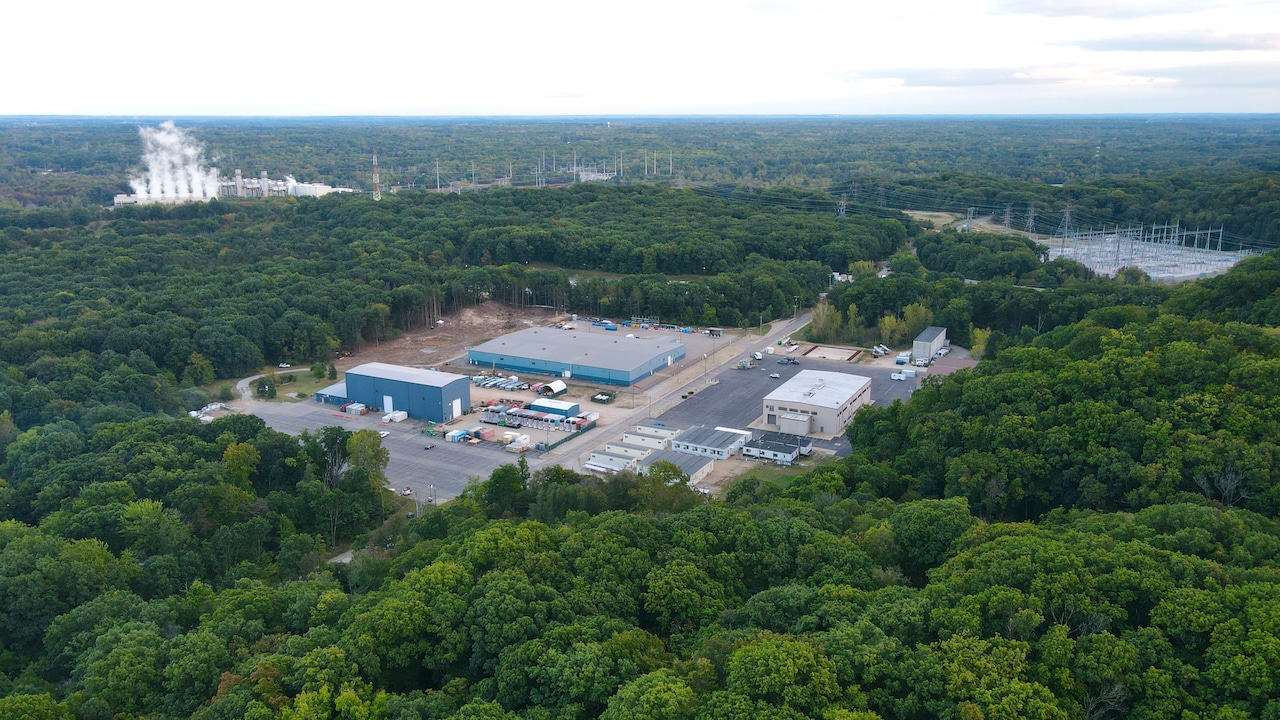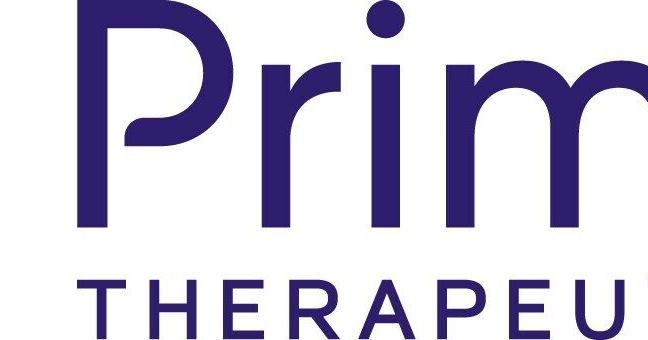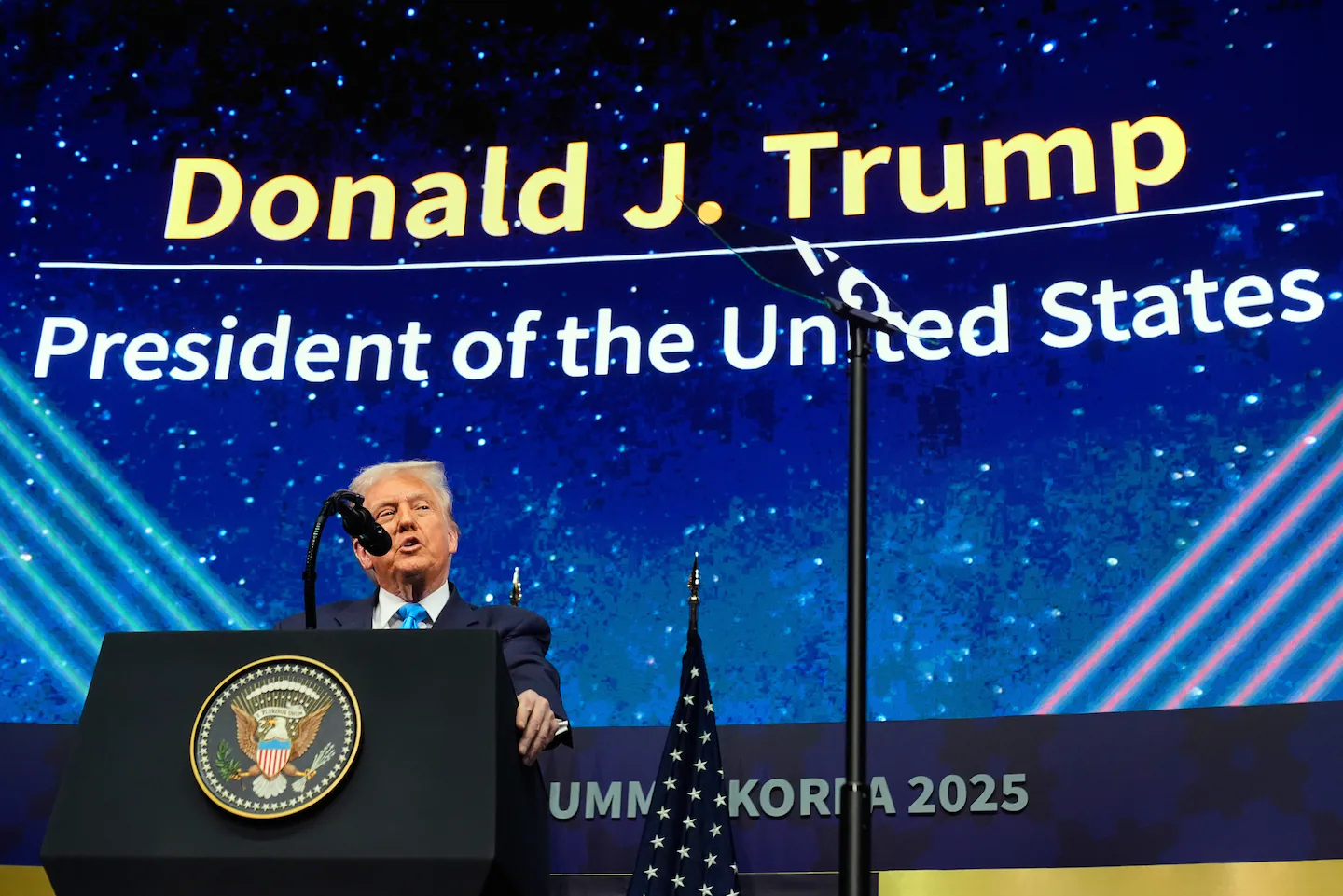Copyright M Live Michigan

LANSING, MI — Michigan lawmakers this week approved bipartisan legislation aimed at expanding nuclear energy generation and positioning the state to play a larger role in the next era of advanced reactors. On Tuesday, Oct. 28, the Republican-controlled state House passed a six-bill package that defines “advance nuclear reactors” in state law, creates new research and workforce training programs and awards business tax credits for small modular reactors. Sponsors say the package, HBs 4124 through 4129, is designed to make Michigan more competitive in the clean energy sector and to prepare for possible small reactor projects such as one planned at the Palisades nuclear plant in Van Buren County. The legislation also comes amid a national surge in electricity demand from artificial intelligence and data centers, which utilities say will require more reliable, carbon-free supply. “With the restart of Palisades and the passage of this bipartisan package, we’re showing the country that Michigan is ready to lead in both nuclear and hydrogen innovation,” said Rep. Joey Andrews, a Democrat from St. Joseph who helped broker state and federal support for reopening the nuclear plant near South Haven. The bills passed with bipartisan majorities after a similar package died in the 2024 lame duck session. They go to the Democratic-controlled Senate, where they are likely to win bipartisan support from lawmakers who see nuclear energy as a way to reduce planet-warming carbon emissions. Nuclear energy has won increasing bipartisan support because it generates high amounts of baseload energy without emitting large amounts of carbon and other greenhouse gases. Nuclear energy is defined as clean but not renewable under 2023 energy reforms that require Michigan utilities to source 100 percent of their generation from carbon-free sources by 2040. If signed into law by Gov. Gretchen Whitmer, who has backed the effort to restart the closed Palisades nuclear plant, the bills would direct the state to promote education and workforce programs in nuclear and hydrogen energy, offer research and development incentives and coordinate state and federal resources for future projects. The new legislation would provide a credit equal to 10 percent of research or development expenditure incurred in state for advanced small modular reactors with an aggregate cap at $200 million statewide and $30 million per taxpayer. Small modular reactors, or SMRs, are compact nuclear plants designed to produce about 300 megawatts using factory-built components that can be installed at lower upfront cost than traditional large reactors. Proponents see them as way to provide reliable carbon-free power to complement renewables while fossil-fuel plant are retired. Critics caution that Michigan should not overlook cost, radioactive waste-disposal and safety issues as it pursues nuclear expansion. Environmental groups have called for stronger oversight before any small modular reactors are built. The Michigan Sierra Club testified in opposition to the bills this spring, calling SMRs “an expensive, unproven technology” that diverts funding from “immediately available” renewables. “Rather than subsidizing an industry with an uncertain future, our state should invest in proven, rapidly deployable clean energy sources such as wind, solar, geothermal, and battery storage,” Tim Minotas with the Sierra Club testified in March. House Republicans say the bills help ensure energy security. “Michigan must be a leader in developing new, innovative ways to produce energy,” said Rep. David Prestin, a Republican from Cedar River who said small modular reactors are “our most likely path forward” for energy in the Upper Peninsula. “Embracing production methods like nuclear, specifically small modular reactors, will ensure the shift from fossil fuels to alternative energy production will be done so in a way that does not leave rural homes and businesses in the dark,” Prestin said. The legislation comes as Holtec International readies the closed 800-megawatt Palisades nuclear plant for a controversial restart this year while simultaneously preparing to develop two 300-megawatt SMRs at the plant site next to Van Buren State Park. The Palisades SMRs would be part of a planned fleet of small reactors built across North America using Holtec’s still yet-to-be-licensed design under an agreement with Hyundai. The legislation and Palisades effort is occurring amid a surging U.S. electricity demand driven by data centers and AI infrastructure, as well as broader energy policy shift at the federal level under President Donald Trump, who has taken a hostile stance toward renewable sources such as wind and solar, but supports nuclear power. The Department of Energy under Trump continued disbursing a $1.52 billion loan awarded to Holtec under the Biden administration to help reopen Palisades. Michigan’s two largest utilities, Consumers and DTE, are pursuing data center customers and DTE is studying an expansion of its Fermi plant near Monroe.



